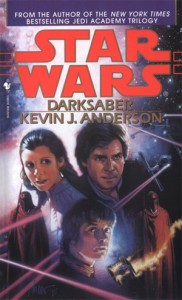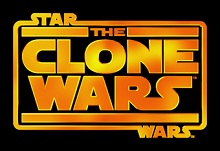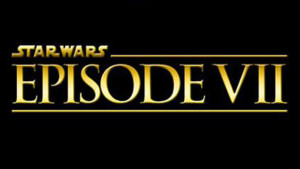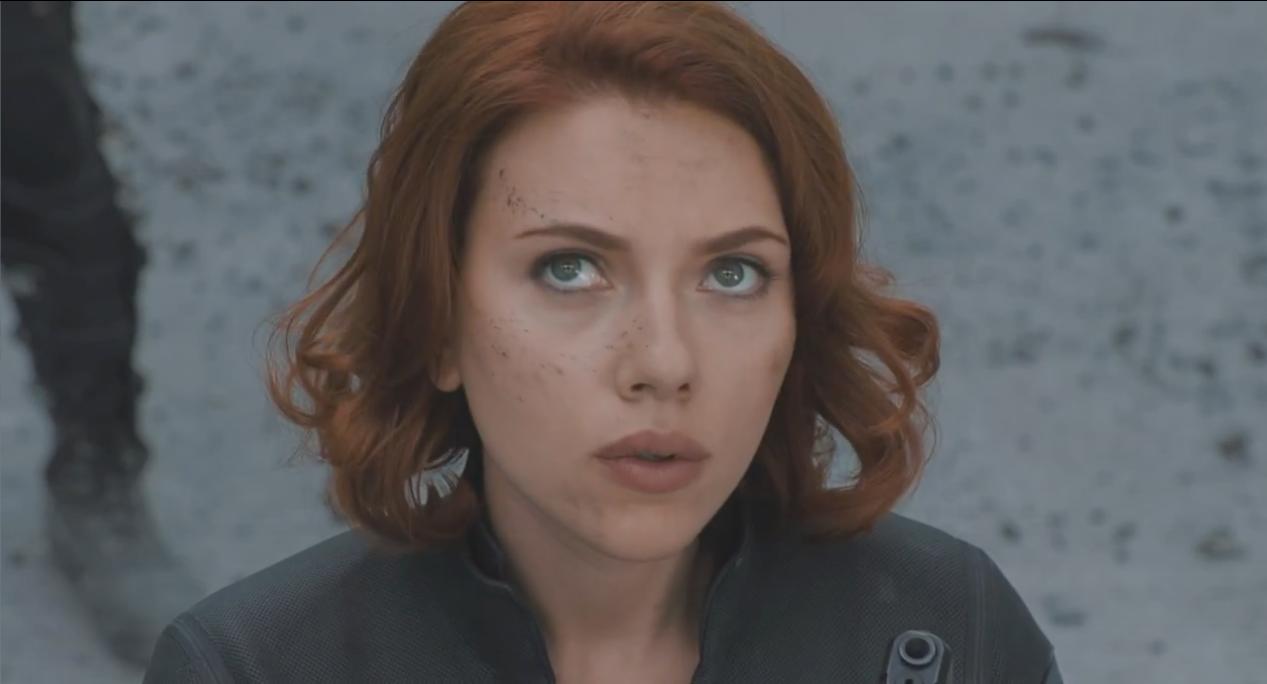 For those of you that have looked at my reviews in the past, you know that I have a propensity for hyperbole. And snark. Lots of snark. Kevin J. Anderson is a writer that I’ve thrown a lot of flak at in the past. Really, he’s been one of my favorite targets, and I’ll say this, he really does seem to bear a good bit of it. At a time not so far back, I’ve referred to him as being a kind of nemesis to me.
For those of you that have looked at my reviews in the past, you know that I have a propensity for hyperbole. And snark. Lots of snark. Kevin J. Anderson is a writer that I’ve thrown a lot of flak at in the past. Really, he’s been one of my favorite targets, and I’ll say this, he really does seem to bear a good bit of it. At a time not so far back, I’ve referred to him as being a kind of nemesis to me.
But to be honest, that was before I read some of the SWEU material that I was steered around the first time I was going through the Bantam/Spectra era books, which has been a long time ago. You know that the last review I did was for Children of the Jedi in a series of posts that went on for a bit too long. Barbara Hambly is likely not as bad a writer as she came across in that book, but it really seemed like she was pretty far outside her wheelhouse.
That book gave me a big dose of perspective for the concept of bad Star Wars. I had held that Anderson’s books were bad Star Wars up to a point, but something else has come to my attention. There’s a difference between bad Star Wars and not good Star Wars. Children of the Jedi was bad. Darksaber isn’t bad Star Wars; in fact it fits in with my usual prerequisites for being pretty good, but it has a pretty long list of bad features that throw it out of that.
I can say something good about Kevin J. Anderson up front. I swear, just watch. The Jedi Academy Trilogy established some very important aspects of the Expanded Universe at large. I didn’t like it. I didn’t like the way it was written, but for anyone who is coming into the EU from the start of the Bantam/Spectra era, it’s pretty much required reading. For anybody who is wondering where the Academy came from, it’s important. Let’s be honest, if you’re looking at anything except the core of the New Republic Era, anything later pretty much encourages you to read it. The characters and concepts that get to be important later on have their sources there.
Now, you don’t want to read this; it isn’t the funny bit. Me talking about the stuff that’s wrong–that’s what you want. So, here’s where we stand, I’m going to break this down into just two parts, I’m not running a page by page analysis, you’re going to get the problems at large as I see them. For me, Darksaber has two fronts of problems. There’s the distinct storytelling issues and there’s the technical issues.
For today’s post, we’re going to focus on the latter of the two. Hit the jump to see the story elements of this book that crawl under my skin.
Continue reading →




 I read a lot—at least by any average person’s standards. Sure, there are plenty of people in fandom who can put me to shame, but I showed Brian my pinboard a while ago, and he commented that I’d read more fic in the past year than he’s read in his life—and that was just the fic. And I read everything from modern literary fiction to fanfiction.
I read a lot—at least by any average person’s standards. Sure, there are plenty of people in fandom who can put me to shame, but I showed Brian my pinboard a while ago, and he commented that I’d read more fic in the past year than he’s read in his life—and that was just the fic. And I read everything from modern literary fiction to fanfiction. There’s a scene in The Avengers where Black Widow is fighting Hawkeye. He’s being mindcontrolled by Loki and is trying to kill her; she just wants to incapacitate him. A few minutes before this fight scene, she hurt her ankle and was visibly limping when she was fleeing the Hulk. She volunteered to go after Hawkeye, despite being understandably shaken by her encounter, and the fact that she and Hawkeye clearly have an emotional bond.
There’s a scene in The Avengers where Black Widow is fighting Hawkeye. He’s being mindcontrolled by Loki and is trying to kill her; she just wants to incapacitate him. A few minutes before this fight scene, she hurt her ankle and was visibly limping when she was fleeing the Hulk. She volunteered to go after Hawkeye, despite being understandably shaken by her encounter, and the fact that she and Hawkeye clearly have an emotional bond.
